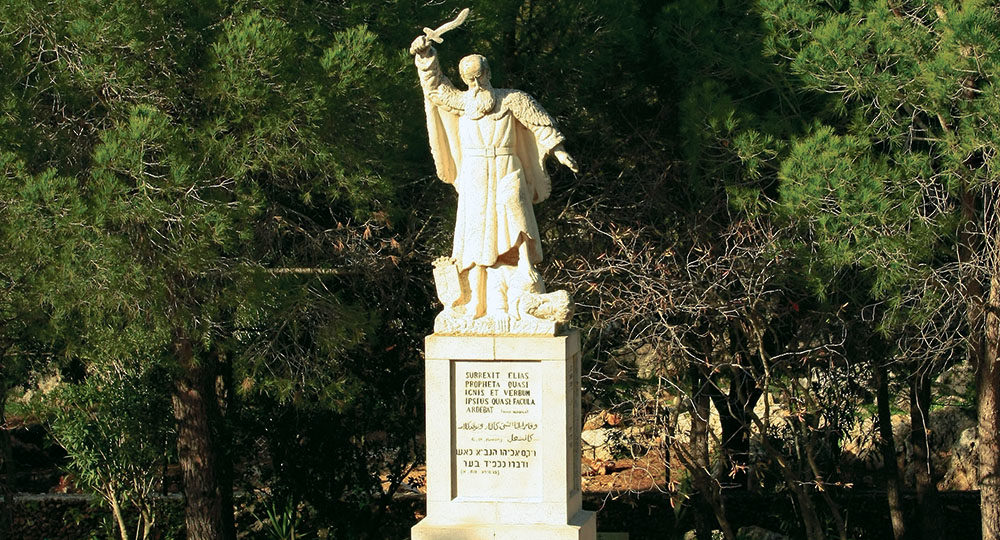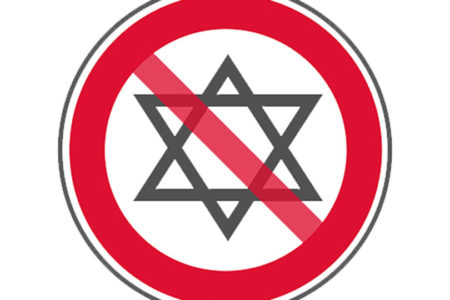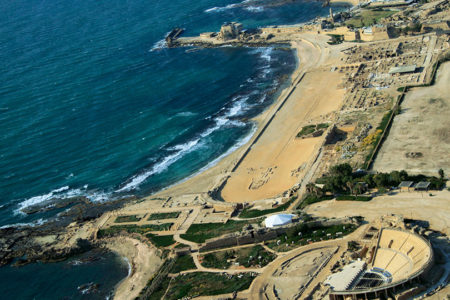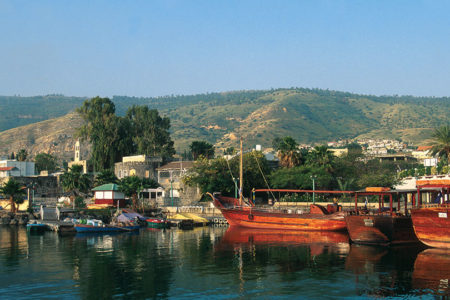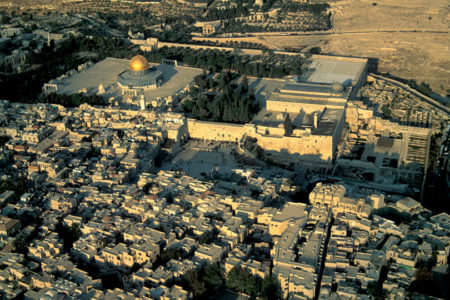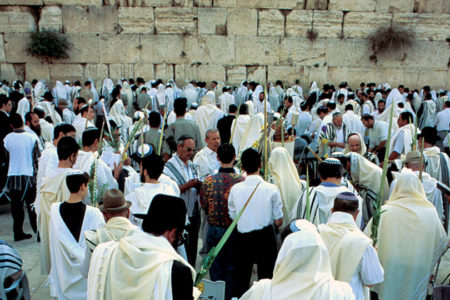Mount Carmel
When most Jewish people hear the name Mount Carmel (“Vineyard of God”), they think of the wine used to celebrate Jewish holy days. The triangular-shaped, wooded range stretches 13 miles southwest from the Mediterranean Sea and is nestled between the Menashe Plateau in the south, Haifa Bay in the north, and the Jezreel Valley on the east.
Not considered particularly high, Mount Carmel reaches approximately 1,800 feet above sea level. Its proximity to the Mediterranean brings a higher level of precipitation and, combined with its rich soil, makes the area a prime place for growing grapes.
The first settlement, which became the town of Zichron Ya’akov in 1882, was established and developed as a result of wine production. The mountain provides a beautiful view of the Mediterranean and the coast.
Though the Bible describes Mount Carmel as beautiful and fruitful (2 Chr. 26:10; Isa. 35:2; Jer. 46:18), most believers associate the area with a contest unlike any other. First Kings 18:17–40 records the Hebrew prophet Elijah’s spectacular confrontation at Mount Carmel with 450 prophets of Baal and 400 prophets of Asherah.
The Lord had commanded Elijah to confront Israel’s wicked King Ahab, who for years had disobeyed and defied the God of Israel by forsaking His commandments (v. 18); allowing worship of the Canaanite fertility god, Baal; and standing by as his evil Phoenician wife Jezebel had the Lord’s prophets massacred (v. 4).
Elijah declared his challenge to the people: “How long will you falter between two opinions? If the Lᴏʀᴅ is God, follow Him; but if Baal, follow him” (v. 21).
The contest rules were simple: Let them give us two bulls; and let them choose one bull for themselves, cut it in pieces, and lay it on the wood, but put no fire under it; and I will prepare the other bull, and lay it on the wood, but put no fire under it. Then you call on the name of your gods, and I will call on the name of the Lᴏʀᴅ; and the God who answers by fire, He is God (vv. 23–24).
The prophets of Baal went first. As they shouted to their so-called god, they received nothing in return. Elijah began to mock them: “Cry aloud, for he is a god; either he is meditating, or he is busy, or he is on a journey, or perhaps he is sleeping and must be awakened” (v. 27).
The Baal worshipers continued to cry out through the afternoon, to no avail. They even cut themselves with knives and lances “until the blood gushed out on them” (v. 28). Yet for all that, they still received no answer.
Then it was Elijah’s turn. After repairing the altar, he called the people to draw near. He took the cut bull pieces and placed them on the wood, had a trench built around the altar, and ordered that four water pots be filled and poured over the sacrifice. He repeated the dousing procedure twice to make sure water overflowed the altar. Then he prayed:
Lᴏʀᴅ God of Abraham, Isaac, and Israel, let it be known this day that You are God in Israel and I am Your servant, and that I have done all these things at Your word. Hear me, O Lᴏʀᴅ, hear me, that this people may know that You are the Lᴏʀᴅ God, and that You have turned their hearts back to You again (vv. 36–37).
Suddenly, fire from the Lord came down and consumed the sacrifice, water and all. When the onlookers saw the clear victory of the God of Israel, they proclaimed, “The Lᴏʀᴅ, He is God! The Lᴏʀᴅ, He is God!” (v. 39).
Mount Carmel reminds us there is no God like the God of Israel, and we should bow before Him and worship Him alone.
